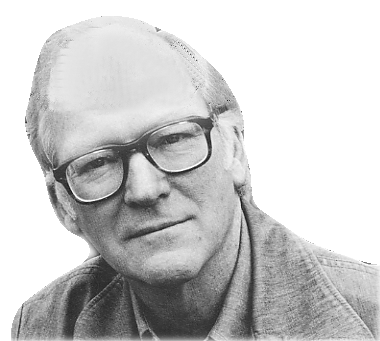Click here and press the right key for the next slide (or swipe left)
also ...
Press the left key to go backwards (or swipe right)
Press n to toggle whether notes are shown (or add '?notes' to the url before the #)
Press m or double tap to slide thumbnails (menu)
Press ? at any time to show the keyboard shortcuts
Linking Meaning and Reference: Compositionality
Why?
Some of the things you utter
are true (or false)
in virtue of how things are with Ayesha.
Because your utterances of ‘Ayesha’ refer to Ayesha.
But what about meaning?

‘entities such as meanings ...
are not of independent interest’
Davidson, 1974 p. 154
Why suppose that sentences have meanings?
facts to be explained
If someone utters a sentence and you understand her, then you will likely understand others when they utter that sentence. And conversely.
If a sentence is used to communicate something in one situation, then it can typically be used to communicate much the same thing in another situation.
attempted explanation
(guess)
There are some things and nearly every sentence is related to a different thing.
Communicators often know which thing is related to which sentence.
This knowledge (is part of what) enables them to understand utterances of those sentences.
termiology
Call these things ‘meanings’.
How is the idea that
sentences have meanings
related to the idea that
utterances refer to things?
facts to be explained
[Systematicity] ‘there are definite and predictable patterns among the sentences [utterances of which] we understand’ (Szabó, 2004).
[Productivity] communicators can understand utterances of an indefinitely large range of sentences we have never heard before.
attempted explanation
Words have meanings (which are their referents senses).
[Compositionality] The meaning of a sentence (and of any complex expression) is fully determined by its structure and the meanings of its constituent words.
How is the idea that
sentences have meanings
related to the idea that
utterances refer to things?
A theory of reference
would be part of a
theory of meaning.